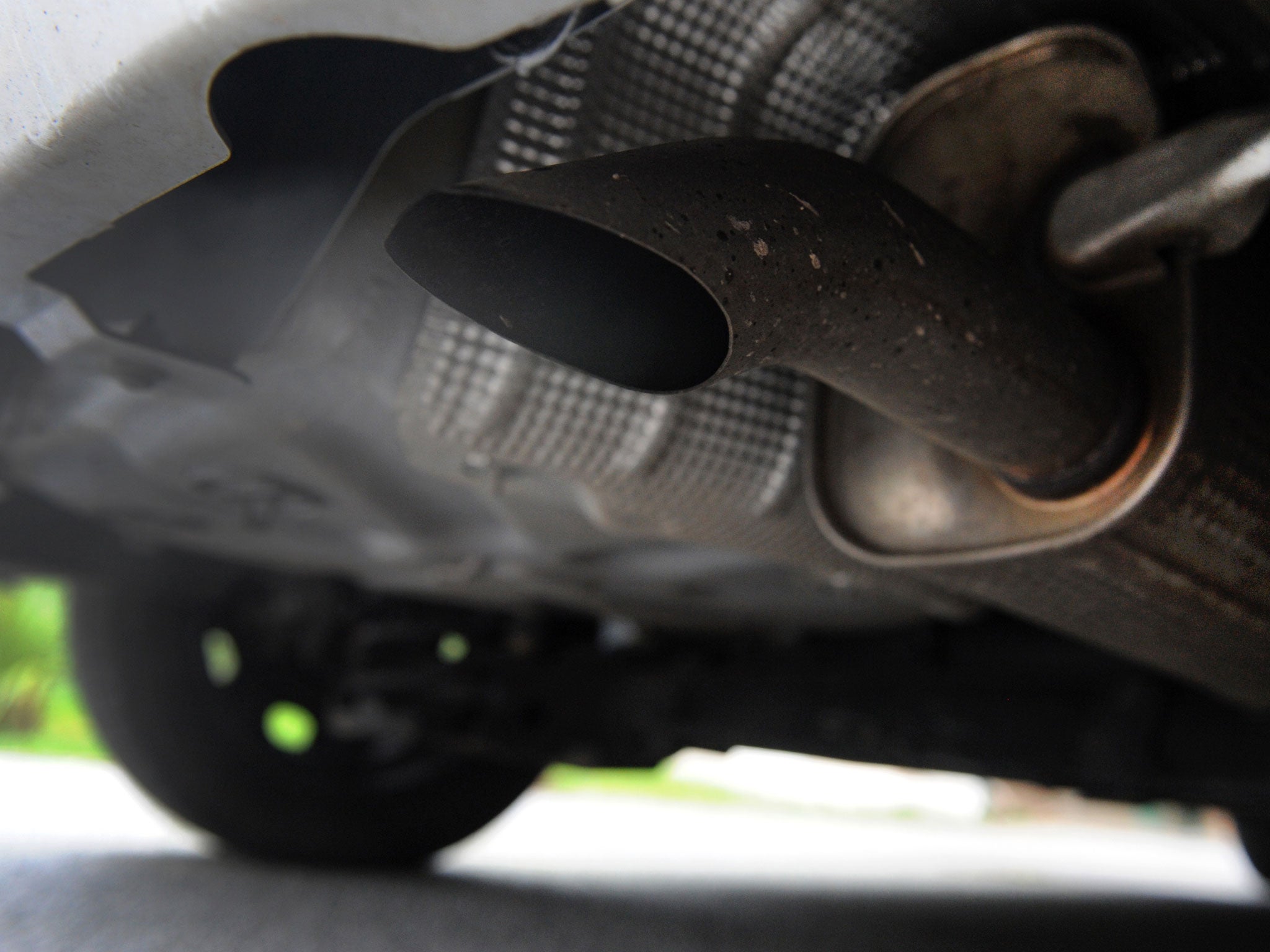Air pollution as great a risk as smoking during pregnancy

Exposure to even low levels of common air pollutants during pregnancy significantly increases the risk of babies being born small, according to one of the largest studies of its kind.
The research, published in The Lancet Respiratory Medicine journal, found that exposure to air pollutants increased the risk of babies being born weighing less than 2.5kg, and reduced their average head circumference.
The risk was even increased at pollution levels well below those deemed unsafe by the European Union.
Babies born with low birth weight are at greater risk of dying in infancy. Low weight has also been associated with asthma in childhood and decreased lung function in adults, while the circumference of a baby’s head can affect brain development.
The study paid particular attention to fine particulate matter, invisible to the human eye. These carbon particles, known as PM 2.5s are around one-thirtieth the width of a human hair and are emitted from a variety of sources, including traffic fumes, and industrial air pollutants.
Researchers estimate that for every increase of 5 micrograms per cubic metre in exposure to these particles during pregnancy, the risk of low birth weight rises by 18 per cent. Researchers said that if levels of PM 2.5s were reduced to 10 micrograms per cubic metre, more than one in five cases of low birth weight deliveries could be prevented. The EU annual air quality limit is currently 25 micrograms per cubic metre.
“Our findings suggest that a substantial proportion of cases of low birth weight at term could be prevented if urban air pollution, particularly fine particulate matter, was reduced”, said lead author Dr Marie Pedersen, from the Centre for Research in Environmental Epidemiology in Spain. She added that in some countries air pollution could pose as great a risk to a baby’s weight as a mother smoking during pregnancy.
The study pooled data from a dozen European countries and involved more than 74,000 women, who gave birth between 1994 and 2011. More than 10,000 of the women came from Bradford in the UK.
Professor John Wright, director of research at the Bradford Institute for Health Research, urged policy makers to re-think pollution limits. “We can give up smoking, cut down on alcohol and change your diet, and women in pregnancy are very good at doing all these things. But we can’t change the air that we breathe. That needs more political and societal intervention,” he said.
Professor Jonathan Grigg from the Blizzard Institute at Queen Mary, University of London, said the data embodied the “most robust estimate” of the effect air pollution has on pregnant women. He added that the effect on individual women remains small.
“Difficult decisions still need to be made,” he said. “The introduction of the low emission zone in London has had little effect on concentration of particulate matter, although the vehicle mix has been altered. UK policy makers have shied away from radical solutions… such as changing diesel-powered black cabs (which contribute 20 per cent of London’s locally generated particulate matter) to cleaner petrol-powered alternatives.”
Join our commenting forum
Join thought-provoking conversations, follow other Independent readers and see their replies
Comments